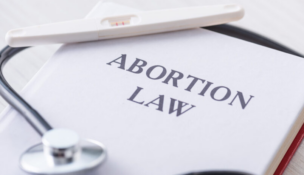Most states pay less in taxes than they get in federal spending
Arizona Capitol Reports Staff//October 12, 2007//[read_meter]
Most states pay less in taxes than they get in federal spending
Arizona Capitol Reports Staff//October 12, 2007//[read_meter]
The federal government’s system of taxing and spending works out well for people in states like New Mexico, Mississippi, West Virginia and here in Arizona.Not so well for those in...
No tags for this post.

















